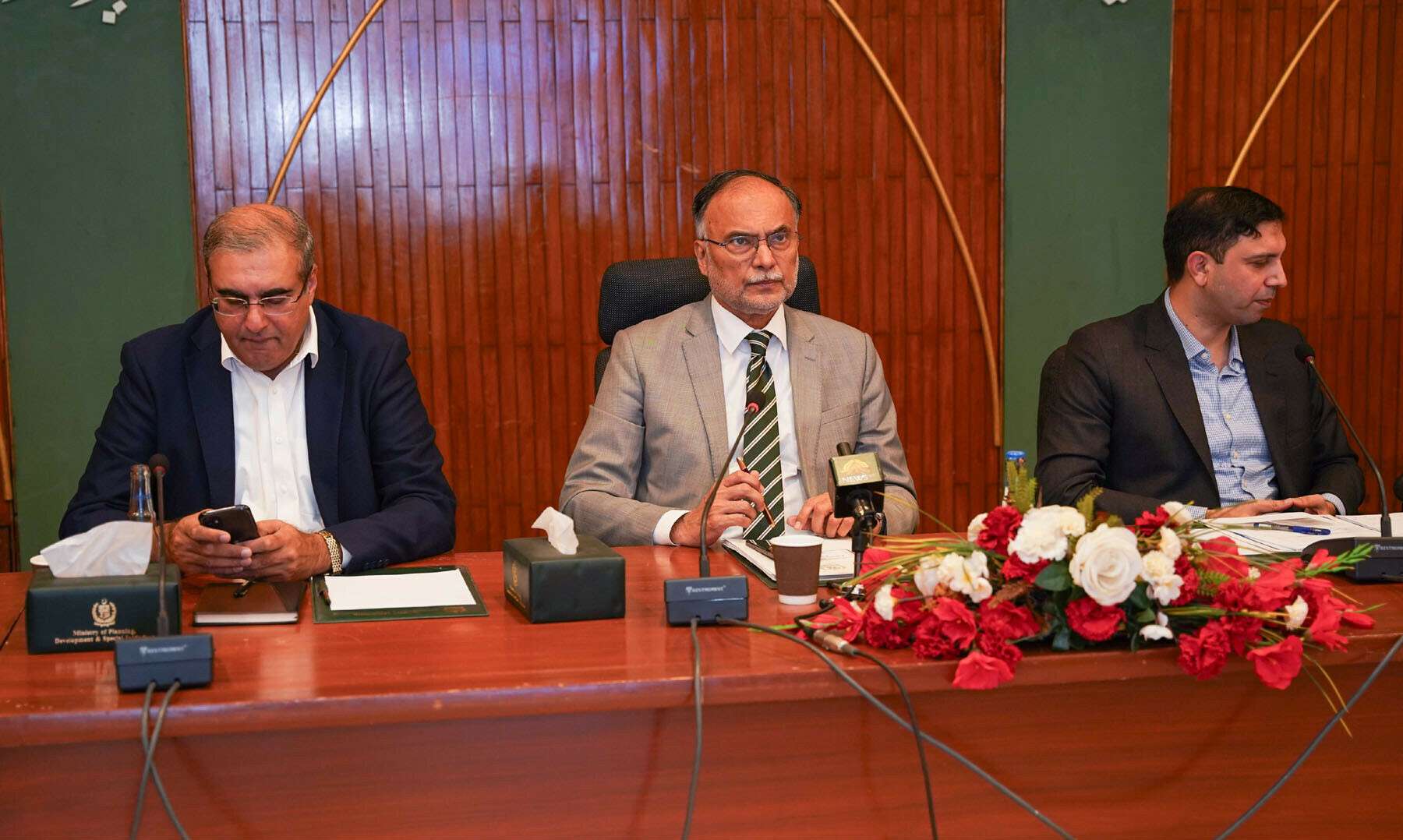Introduction
The Federal Board of Revenue (FBR) has announced stricter monitoring of financial transactions to ensure transparency and curb tax evasion. The new policy, revealed during a meeting of the National Assembly’s Standing Committee on Finance, aims to identify discrepancies between declared income and actual financial activity.
FBR Chairman Malik Amjed Zubair Tiwana emphasized that banks would play a crucial role in the implementation of this policy by reporting transactions that exceed taxpayers’ declared income. This initiative is part of Pakistan’s broader efforts to strengthen tax compliance and combat financial irregularities.
FBR’s New Financial Monitoring Mechanism
Why is FBR Monitoring Transactions?
The main objective of this policy is to identify individuals who underreport their income while conducting high-value financial transactions. Many people declare minimal earnings in their tax returns but engage in transactions that significantly exceed their stated income.
By linking bank transactions to taxpayer records using their national identity card (CNIC) details, FBR can detect and investigate such discrepancies.
How Will the System Work?
- Data Sharing with Banks: FBR will share taxpayer income and turnover records with banks.
- Transaction Flagging: Banks will be required to report any transaction that exceeds the declared income in tax returns or wealth statements.
- No Immediate Blocking: While banks will monitor and report these transactions, they are not required to block them.
- Tax Investigation: Once flagged, such transactions will be examined by FBR to assess whether tax laws have been violated.
FBR Chairman Tiwana explained that “banks will not stop transactions, but they will notify the authorities about any inconsistencies.”
Implications for Taxpayers
Who Will Be Affected?
- Non-Filers: Individuals who do not file tax returns but engage in high-value transactions will face increased scrutiny.
- Taxpayers with Undeclared Income: Those who declare lower earnings but conduct transactions beyond their reported income will be investigated.
- Property Buyers: New guidelines for property transactions will require enhanced documentation to ensure tax compliance.
Real Estate Transactions Under New Rules
Pakistan Muslim League-Nawaz (PML-N) lawmaker Bilal Azhar Kayani clarified that:
- Non-filers will be allowed to purchase a house for the first time.
- Existing taxpayers can buy properties for themselves, their parents, or their children.
- Real estate transactions must be conducted through documented cash payments or assets.
This policy is designed to reduce unregulated cash-based transactions in the real estate sector, which is often used for money laundering and tax evasion.
Strengthening Tax Compliance in Pakistan
Pakistan’s Struggle with Tax Evasion
Pakistan has long struggled with tax evasion, with a large portion of its economy operating in the informal sector. The lack of proper documentation and weak enforcement mechanisms have allowed individuals and businesses to avoid paying taxes.
The FBR’s latest initiative aims to:
- Improve transparency in the financial sector.
- Increase tax revenue by ensuring all income is properly reported.
- Prevent fraudulent activities such as fake business transactions and property purchases under benami accounts.
FBR’s Crackdown on Export Tax Fraud
Uncovering a Rs 977 Million Tax Evasion Scheme
Alongside its financial transaction monitoring, FBR recently uncovered a massive tax fraud under the Export Facilitation Scheme (EFS). The fraud, totaling Rs 977 million, involved two companies that manipulated import records to evade taxes on high-value metal molds.
According to Director Customs Post Clearance Audit (PCA) South, Shiraz Ahmed:
- 47 containers of precious metal molds were imported, but only 111 metric tons were declared instead of the actual 1,560 metric tons.
- One company evaded Rs 499 million, while the second dodged Rs 478 million in taxes.
- Both companies were not listed in FBR’s active registration database, highlighting loopholes in regulatory oversight.
This case demonstrates the extent of tax fraud in Pakistan and the urgent need for stricter monitoring mechanisms.
Challenges and Concerns
Potential Resistance from Banks and Business Community
While the FBR’s initiative aims to enhance tax compliance, it may face resistance from:
- Banks that are concerned about additional regulatory burdens.
- Businesses that rely on undocumented cash transactions.
- Property dealers who fear reduced investment in the real estate sector.
Ensuring Smooth Implementation
To ensure the successful implementation of this policy, the FBR must:
- Improve Digital Infrastructure – Efficient data-sharing mechanisms between FBR and banks must be established.
- Enhance Awareness – Taxpayers should be educated about the importance of declaring accurate income.
- Strengthen Regulations – Clear guidelines should be set to prevent legal loopholes.
FAQs
1. How will banks determine if a transaction exceeds declared income?
Banks will cross-check transactions against FBR’s tax records using CNIC-linked data. If a transaction is significantly higher than the declared income, it will be flagged for review.
2. Will banks block transactions if they exceed declared income?
No, banks will not block transactions. They are only required to report them to the FBR for further investigation.
3. What happens if my transactions are flagged by FBR?
If your transactions are flagged, FBR may request an explanation or conduct an audit to ensure compliance with tax laws.
4. Are non-filers allowed to buy property under the new rules?
Yes, non-filers can buy property only for the first time. Existing taxpayers can purchase property for themselves or their immediate family members.
5. What steps is FBR taking to prevent future tax fraud cases?
FBR is strengthening its digital monitoring systems, increasing regulatory oversight, and implementing stricter documentation requirements for financial and business transactions.
Conclusion
The FBR’s decision to monitor bank transactions exceeding declared income marks a significant step toward improving Pakistan’s tax compliance. By leveraging banking data and enhancing regulatory oversight, the government aims to combat financial irregularities, increase transparency, and ensure that all taxpayers contribute fairly to the national economy.
While challenges remain, effective implementation of this policy can help Pakistan move toward a more structured and documented financial system.


